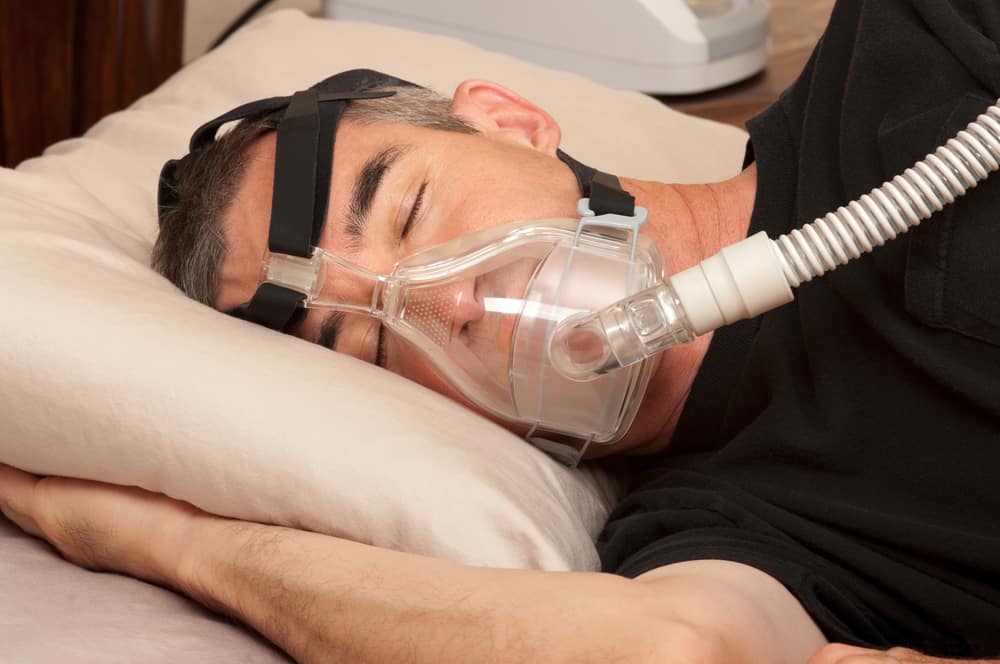Contents:
- Medical Video: Urology Surgeon: Andrew C. Peterson, MD
- Is that a urologist?
- When should a man regularly consult a urologist?
- List of diseases handled by urologists
- 1. Urinary tract infections
- 2. Fertility problems
- 3. Enlarged prostate
- 4. Erectile dysfunction
- 5. Prostate cancer
- The urologist does not alone handle your illness
Medical Video: Urology Surgeon: Andrew C. Peterson, MD
As people age, men are susceptible to various diseases associated with urinary organs and reproduction. Especially if you are actively having sex. A routine consultation with a urologist can detect the risk of venereal disease early and prevent its progress from getting worse. Well, about when men should start making frequent appointments to urologists? Find out through the following reviews.
Is that a urologist?
Urologists are specialists who treat urinary tract diseases and the male and female reproductive systems.
You will usually be referred to a urologist if you experience health problems related to the bladder, urethra, ureter, kidney, adrenal gland, and male reproductive organs such as the penis, prostate, seminal vesicles, and testicles.
When should a man regularly consult a urologist?
Unlike women who have to routinely go to the obstetrician since adolescence, men don't really need to rush to check the health of their urinary organs and reproduction since they are teenagers.
A urologist from the Cleveland Clinic, Bradley Gill, MD, revealed that men are encouraged to routinely check with a urologistage of 40 years. At this age, male immunity tends to decrease, making it vulnerable to diseases associated with the urinary tract and reproductive organs.
Moreover, men who are sexually active will be very vulnerable to venereal disease. That's why, as you get older, you are encouraged to regularly consult a urologist.
List of diseases handled by urologists
The most common cause of bladder problems in men is caused by viruses or bacteria that are carried during sexual intercourse. If you experience one of these diseases, then immediately visit the nearest urologist.
1. Urinary tract infections
Although more often experienced by women, men are also prone to urinary tract infections by the age of 40 years. This condition occurs when there are bacteria that enter the urethra, aka the urethra. If you experience symptoms of a urinary tract infection that includes pain during urination, urinary incontinence, nausea, vomiting, fever, and chills, then consult a urologist immediately.
2. Fertility problems
Be careful because fertility problems also lurk the men aged 40 years and over. This condition generally results from enlargement of the vein in a bag under the penis or also called a varicocele.
As a result, your reproductive tract can be damaged and sperm health is also problematic. So it is not surprising if men aged 40 years and over often experience fertility problems.
3. Enlarged prostate
By the age of 40 years and above, the prostate tends to experience enlargement which makes it difficult for men to urinate. This also makes men often go back and forth to the bathroom in the day and night.
Basically, prostate enlargement can be treated with drugs to relieve symptoms or even shrink the prostate. Surgical procedures can also be performed to remove the problematic part of the prostate, depending on the severity of the disease.
4. Erectile dysfunction
Sometimes, the problem of erectile dysfunction and decreased libido can be experienced by men aged 40 to 50 years. If you experience this problem, immediately consult your nearest urologist.
The doctor will do a blood test to measure the levels of sex hormones in your body. If your testosterone is low enough, your doctor will prescribe viagra or other testosterone substitutes to help increase blood flow to the penis.
5. Prostate cancer
Entering the age of 40, you are recommended to go to the urologist regularly to measure PSA levels. PSA (Prostate Specific Agent) is a protein produced by the prostate gland, usually used to predict the risk of prostate cancer in men.
If your PSA level is 0.7 or lower, the risk of your prostate cancer tends to be low or less than 10 percent. However, you still need to do routine checks every five years. While if your PSA level is more than 1, then you are at a higher risk of prostate cancer so you need regular cancer screening.
Even so, PSA cannot be a good indicator of the prostate because it can be influenced by many factors. That is why, doctors will see family history and other examinations to ascertain the risk of cancer in men.
The urologist does not alone handle your illness
In handling cases of patients' illness, urologists will usually work with other specialists. For example, if you are diagnosed with prostate cancer, the urologist needs oncology assistance (cancer specialist) to plan treatment.
When you experience signs and symptoms of a urinary tract infection, the first step you should take is to visit a urologist. The doctor will first find out the root cause of your disease, whether it is related to the urinary tract or because of other organs.
To make sure again, the doctor will conduct a series of examinations to diagnose your disease. Ranging from cholesterol checks, blood pressure, blood sugar, weight, to history.














